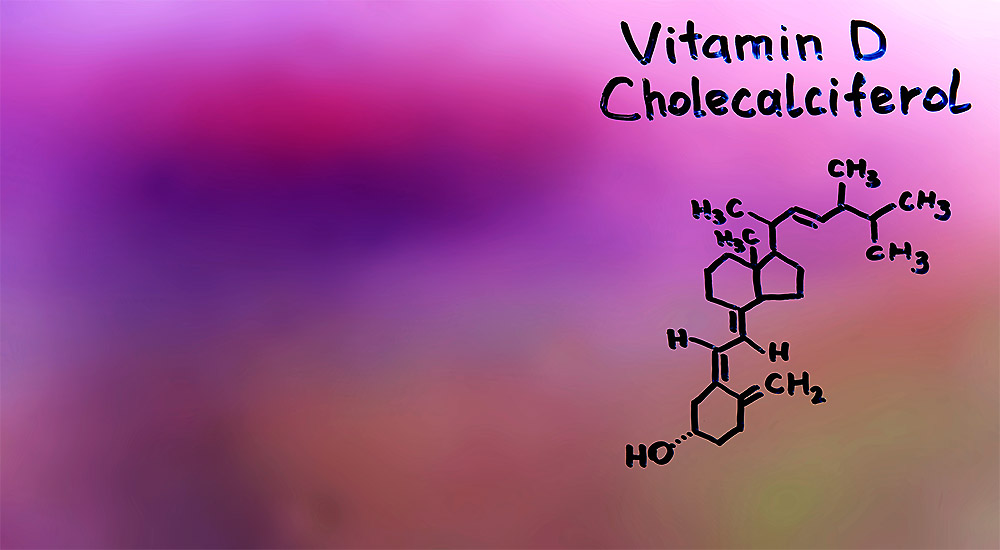Celiac Disease vs Gluten Sensitivity – Are They Different?

70 – 80% of Medical Research is Funded by Pharmaceutical Companies
We live in a society where medical treatment efficacy is gauged by two major standards:
1) Make a diagnosis
2) Find the drug best suited to treat the symptoms associated with that diagnosis.
Fully 70-80% of all medical research is funded by pharmaceutical companies. Where does celiac disease fit into this paradigm? Celiac is considered to be a rare disorder and there is no drug to treat it. You can imagine where that puts it on the hierarchy of most medical practitioners.
In addition, the “face” of celiac that most doctors are taught, is a patient presenting with chronic diarrhea and severe weight loss. Is it any wonder that little emphasis is put on its diagnosis? Once the patient with severe weight loss has been ruled out for cancer and other serious diseases, then their doctor might consider celiac.
What’s the Difference Between Celiac Disease & Gluten Sensitivity?
In my opinion, very little. The problem we have encountered is that celiac disease is the only manifestation of gluten sensitivity that medicine has been able to diagnose. And not very well at that considering it takes the average celiac patient 10 years before they’re given the proper diagnosis. So what is the problem? Is it that something considered “rare” is not often looked for? Partially.
The fact that there’s no drug to treat it, so there’s no “easy” fix? Partially. The fact that the only treatment is a dietary change and no one really wants to “condemn” a patient to never eating wheat, rye, or barley again? Definitely!
Is Celiac Disease Just a Subset of Gluten Sensitivity?
Celiac disease is just the tip of the iceberg of the greater issue called gluten sensitivity. In this case, the tip is 1/40 of the whole iceberg because current research tells us that while celiac disease affects 1% of the population, gluten sensitivity’s incidence is anywhere from 7% to up to 40% – estimates vary widely. But even conservative estimates take it right out of the “rare” category with higher estimates putting it squarely in the category of obesity which is considered to be an epidemic!
Diagnosis
The “gold standard” for diagnosing celiac disease is a positive intestinal biopsy revealing severe degradation of the surface of the small intestine. Damage has to occur for many years before such a test is positive, not to mention all the secondary problems that have likely arisen during that time.
Yet we wait and wait for that positive test during which time it’s considered perfectly” good medicine” to tell a patient to continue eating gluten if their test is negative.
Is it Malpractice?
I have stated that within the decade the current protocols being used to diagnose and treat celiac disease will be looked upon as malpractice. Is that too strong a statement? I don’t think so. Do we wait for a patient to have a heart attack before we assess risk factors for cardiovascular disease? Of course not. So why is it acceptable to allow a patient to get to the point of severe atrophy of their intestine with concomitant malabsorption, inflammation, and risk of autoimmune disease before we make a diagnosis? It isn’t!
Gluten Intolerance Puts You at Risk for Many Severe Diseases
I’ve been working with gluten-sensitive patients for over 15 years and recently co-authored my first book on the subject, “The Gluten Effect”. What I have come to find out through research and clinical experience has taught me that we have an obligation to our society to change our procedures and strategies.
We are creating many ill patients by missing the diagnosis of gluten sensitivity. Such things as obesity, depression, anxiety, fatigue, migraines, IBS, and autoimmune diseases such as arthritis, lupus, diabetes, thyroid disease, and osteoporosis are all implicated with gluten sensitivity. The list is long and growing as we learn more.
Everyone Should Be Screened
I believe everyone should be screened for gluten intolerance, which includes both celiac and gluten sensitivity. It involves a simple lab test that should be evaluated by an experienced clinician. The reasoning behind this is that interpretation of these tests requires some experience and it’s often not a simple yes or no proposition.
Labs such as Enterolab offer an on-line home version which is a stool test. Most researchers and clinicians prefer also using a blood test, although the efficacy of saliva testing has recently been validated. Personally I use blood and saliva testing both for my patients, with a stool test recommended for those living too far away to come into the office. What if the test is equivocal? What if it’s in the gray “suspicious” but not confirmed area?
The true “gold standard” is evaluating a dietary change – it’s called elimination and provocation. Eliminate gluten completely from your diet for a minimum of 30 days and see how you feel. If you notice a change that is considered a positive test. We are committed to spreading the word about gluten and are here to help you, your family, and friends. Patients come to see us from around the country and internationally. Please let us know if you want to visit.
Do you need help with your health?
We have the diagnostic and testing tools, the clinical experience, and a different medical approach to discovering the root cause of why you have the symptoms that are bothering you. As long as you are ready to make some dietary and lifestyle changes, we can help you. We will "hold your hand" through the changes, step by step, to make each step an easy one. We are located in Clearwater, FL, at 1000 S Ft Harrison, at the corner of Ft. Harrison Ave. and Magnolia St. There is plenty of parking space directly accessible from Ft Harrison. If it is not convenient for you to come to Root Cause Medical Clinic, we offer telehealth/telemedicine consultations to residents of certain states. Call us for details.
Contact us for a Consultation – Call 727-335-0400

Dr. Vikki Petersen DC. CCN
Founder of Root Cause Medical Clinic
Certified Functional Medicine Practitioner
Dr Vikki Petersen is a public speaker, author of two books, several eBooks and creates cutting edge content for her YouTube community. Dr Vikki is committed to bringing Root Cause Medicine and its unique approach to restoring health naturally to the world.
Ask a Doctor
Have a health concern you'd like to speak with a doctor about? Or just want clarity on a subject? Ask Us!


